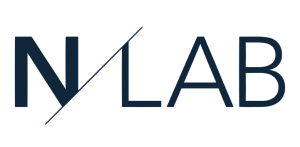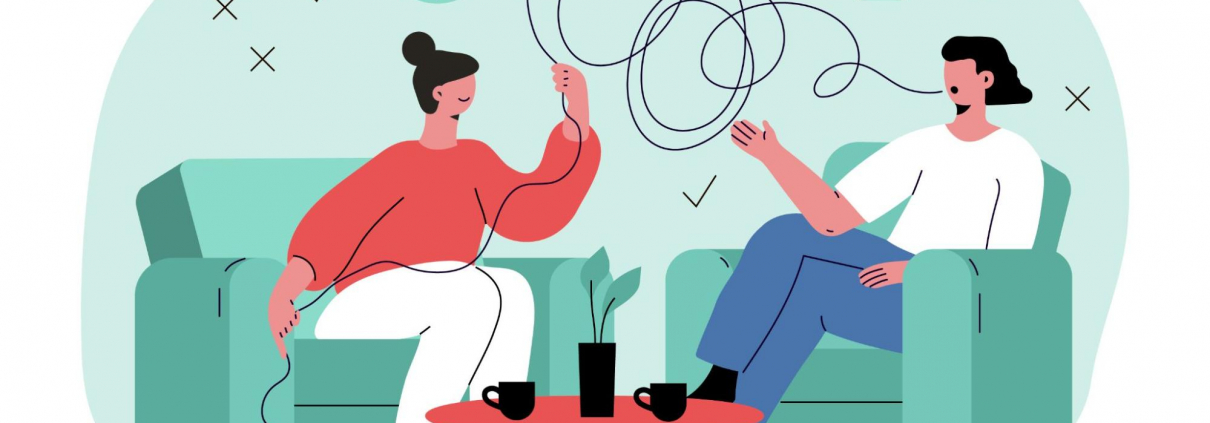Using Natural Language Processing on Digital Mental Health Transcripts to Inform Single Session Outcomes
Current outcome measures in digital mental health lack granularity and are often nomothetic, especially for single-session interventions. This study aims to bridge this gap via the utilisation of machine learning and natural language processing (NLP) methods to create a robust and relevant outcome measure.
With automated inference of patient outcomes currently scarce, this research focused on the development of outcome measures in the context of ‘single sessions’ for counselling. We developed machine learning methods to extract topics related to the wants and needs of service users on digital mental health platforms. This study focuses on developing a novel outcome measure for the Qwell digital mental healthcare platform, aimed at understanding the personalised wants and needs of service users engaging in single-session and one-at-a-time therapy.
The research employs a multi-phased approach through i) assumption definition and validation; ii) theme extraction via a large language model and contextualised topic modelling; and iii) clinical item refinement, content validity and measure finalisation. NLP techniques are applied to transcripts from single or one-at-a-time sessions between 01 Sept 2021 and 01 Sept 2022. Both experts-by-experience and trained clinicians are engaged to define initial assumptions, informing both the formation and validation of the resulting measure.
The research employs a multi-phased approach through i) assumption definition and validation; ii) theme extraction via a large language model and contextualised topic modelling; and iii) clinical item refinement, content validity and measure finalisation. NLP techniques are applied to transcripts from single or one-at-a-time sessions between 01 Sept 2021 and 01 Sept 2022. Both experts-by-experience and trained clinicians are engaged to define initial assumptions, informing both the formation and validation of the resulting measure.
Expert clinicians generated 96 potential wants and needs that were subsequently distilled into 15 wants and needs with a follow-up refinement exercise. Content validity was conducted with clinicians and service users separately to improve the relevance and clarity of these items, and a final workshop with clinicians and industry experts in single sessions consolidated the final wording. This study highlights the potential of combining machine learning approaches with co-creation methods in developing digital mental health outcome measures. We argue incorporation of both expert opinions and service user experience better ensures the robustness and applicability of such measures, and that this novel approach to capturing single-session wants promises new insights in supporting digital mental health interventions.
Developing a single‐session outcome measure using natural language processing on digital mental health transcripts
Current outcome measures in digital mental health lack granularity, especially for single-session interventions. This study aimed to address this by utilising natural language processing (NLP) methods to create a clear and relevant outcome measure. This paper describes the development of the Adult Session Wants and Needs Outcome Measure (Adult SWAN-OM), a novel outcome measure … [more]
Generating a Single Session Outcome Measure from Digital Mental Health Platform Footprints Using Natural Language Processing
The objective of this research is to show how contemporary machine learning methods (Transformer Models and Contextualised Topic Modelling) may be combined with digital footprint data (in the form of seldom explored text data generated on DMHPs) to identify service user wants and needs. Specifically, … [more]



